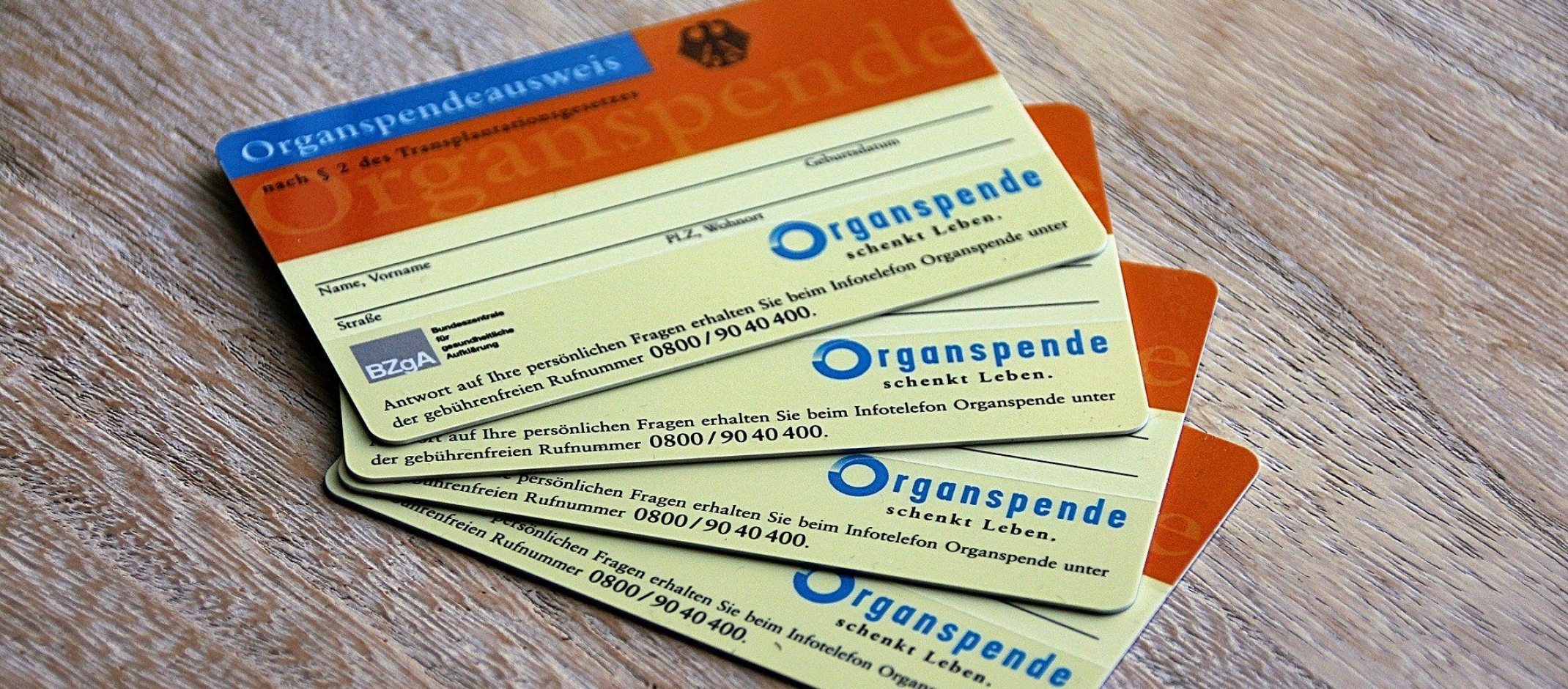Voluntary organ donation
The German Bundestag decided on 16 January 2020: as has been the case up to now, an organ can only be donated if the donor explicitly agreed to the donation beforehand. Thus the “opt-in” regulation will stay in place, which was suggested by a group around the speaker of the Green Party, Annalena Baerbock, and the chairperson of the Left Party, Katja Kipping. The Bundestag members opposed the draft law by the Minister of Health, Jens Spahn, under which every person who did not actively opt out would have become a potential organ donor.
Professor Jacob Rosenthal represents the field of practical philosophy at the University of Konstanz. One of his research priorities includes sophisticated variations of moral philosophy. In our video interview (in German), he comments on the two draft laws from a philosophic point of view: Is the opt-in regulation more fitting for our human right of self-determination than the opt-out regulation? What about the aspect of voluntariness?
https://www.youtube.com/watch?v=nrspv1DQfY0&feature=emb_title
Professor Friedrich Breyer represents the field of economics and social politics at the University of Konstanz. He gives his views on how the willingness to register as a donor might be increased, and explains the implications of the register that was decided upon today as well as the advantages of the reciprocity system.
https://www.youtube.com/watch?v=XzEl1QavTYU&feature=emb_title

